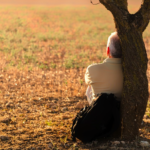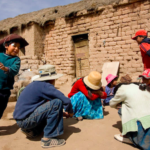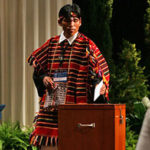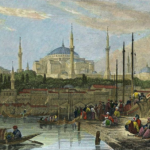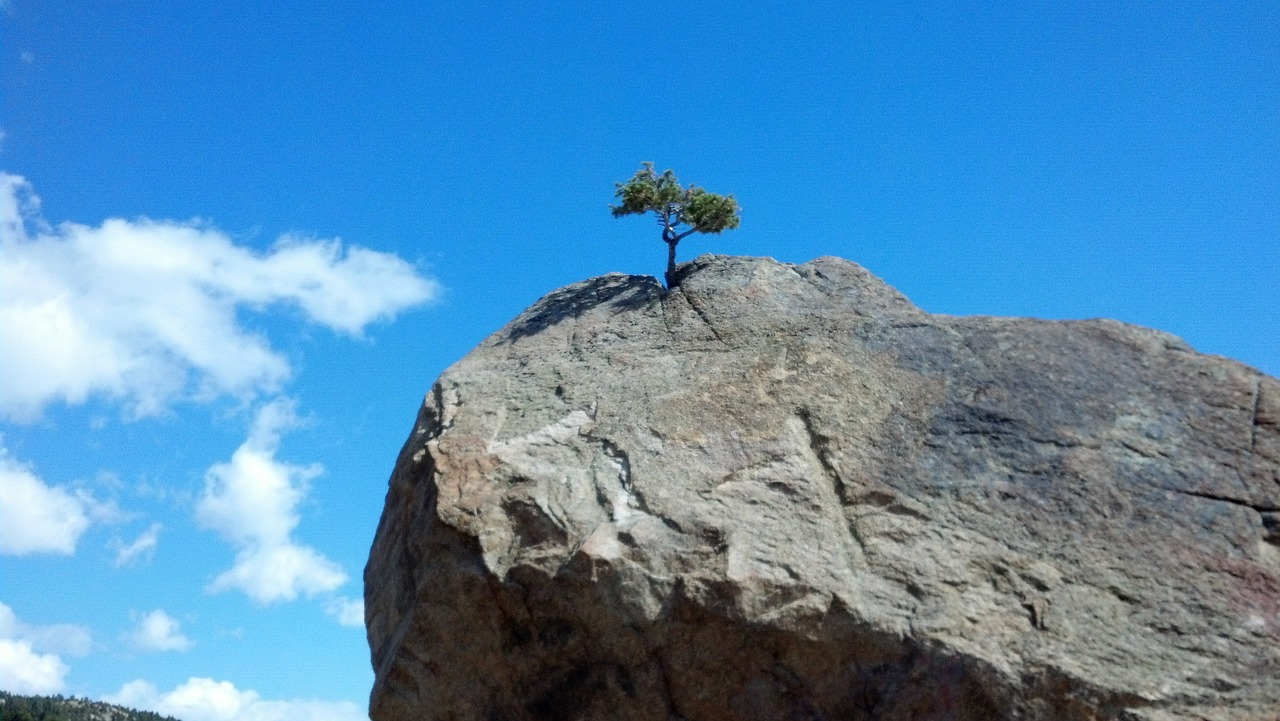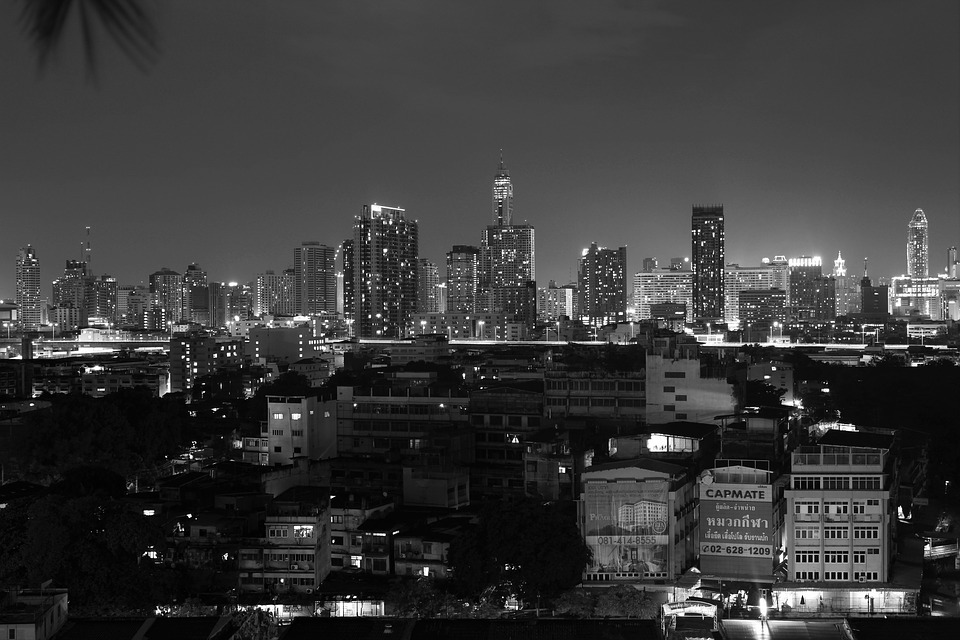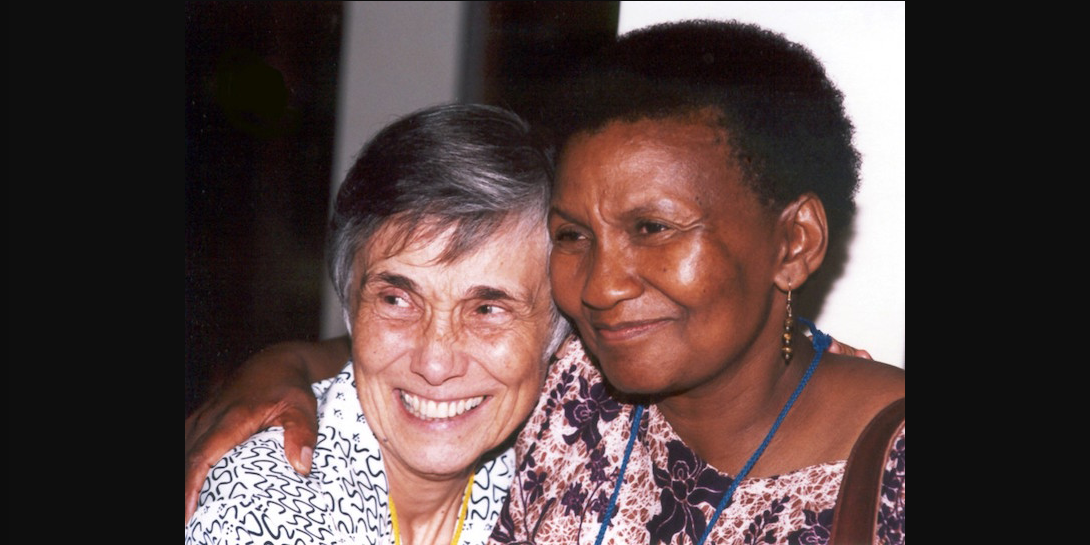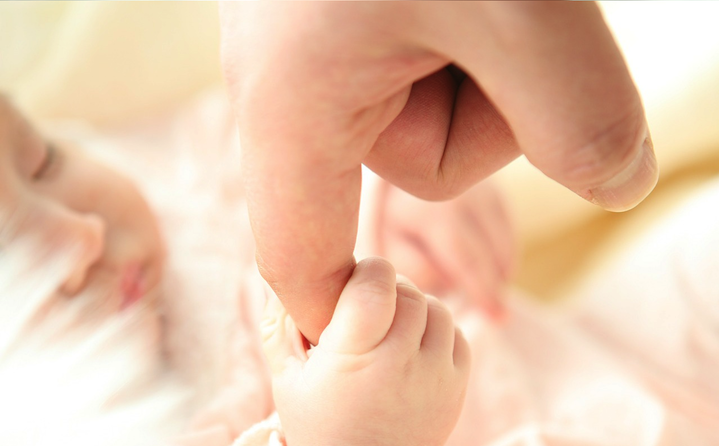
Only Human
 Human beings are prone to error. So much so, that often our messages about ourselves are entirely cynical about our capacity as human beings to foster a just, peaceful and prosperous future. Our popular culture is full of negative assessments of humanity. A recently popularised example is the words J.R.R. Tolkien placed in the mouth of the elf Elrond: “Men? Men are weak. […] It is because of men the ring survives.” The ring, of course, representing men’s lust for power.
Human beings are prone to error. So much so, that often our messages about ourselves are entirely cynical about our capacity as human beings to foster a just, peaceful and prosperous future. Our popular culture is full of negative assessments of humanity. A recently popularised example is the words J.R.R. Tolkien placed in the mouth of the elf Elrond: “Men? Men are weak. […] It is because of men the ring survives.” The ring, of course, representing men’s lust for power.
It is a one eyed view of human beings – a potentially paralysing view. And indeed in Tolkien’s world, human qualities of love for simple things, friendship, and loyalty (represented by the Hobbits) in the end overcomes evil.
As we have seen in previous articles, Bahá’u’lláh generally does not dwell on human frailty – rather he calls attention to human potential. Thus in the Hidden Words, Baha’u’llah calls us to our “better angels”:
Noble have I created thee, yet thou hast abased thyself. Rise then unto that for which thou wast created.[1]
Abdu’l Baha was asked about human nature by visiting western pilgrims. This is some of what he shared with them:
Man is in the ultimate degree of materiality and the beginning of spirituality; that is, he is at the end of imperfection and the beginning of perfection. … the station of man is said to be the end of night and the beginning of day, meaning that he encompasses all the degrees of imperfection and that he potentially possesses all the degrees of perfection. He has both an animal side and an angelic side, and the role of the educator is to so train human souls that the angelic side may overcome the animal. Thus, should the divine powers, which are identical with perfection, overcome in man the satanic powers, which are absolute imperfection, he becomes the noblest of all creatures, but should the converse take place, he becomes the vilest of all beings. That is why he is the end of imperfection and the beginning of perfection.
In no other species in the world of existence can such difference, distinction, contrast, and contradiction be seen as in man. …
Moreover, knowledge is a human attribute but so is ignorance; truthfulness is a human attribute but so is falsehood; and the same holds true of trustworthiness and treachery, justice and tyranny, and so forth. In brief, every perfection and virtue, as well as every vice, is an attribute of man. Consider, likewise, the differences that exist among the members of the human race. Christ was in the form of a man and so was Caiaphas; Moses was a man and so was Pharaoh; Abel was a man and so was Cain; Bahá’u’lláh was a man and so was Yaḥyá. That is why man is said to be the greatest sign of God—that is, he is the Book of Creation—for all the mysteries of the universe are found in him. Should he come under the shadow of the true Educator and be rightly trained, he becomes the gem of gems, the light of lights, and the spirit of spirits; he becomes the focal centre of divine blessings, the wellspring of spiritual attributes, the dawning-place of heavenly lights, and the recipient of divine inspirations. Should he, however, be deprived of this education, he becomes the embodiment of satanic attributes, the epitome of animal vices, and the source of all that is oppressive and dark.
This is the wisdom of the appearance of the Prophets: to educate humanity, that this lump of coal may become a diamond and this barren tree may be grafted and yield fruit of the utmost sweetness and delicacy. And after the noblest stations in the world of humanity have been attained, further progress can be made only in the degrees of perfection, not in station, for the degrees are finite but the divine perfections are infinite.
… Man, having reached the human station, can progress only in perfections and not in station, for there is no higher station to which he can find passage than that of a perfect man. He can progress solely within the human station, as human perfections are infinite. Thus, however learned a man may be, it is always possible to imagine one even more learned.[2]
(This article is the 126th in a series of what I hope will be 200 articles in 200 days for the 200th anniversary of the birth of Bahá’u’lláh. The anniversary is being celebrated around the world on 21 and 22 October 2017, The articles are simply my personal reflections on Bahá’u’lláh’s life and work. Any errors or inadequacies in these articles are solely my responsibility.)

